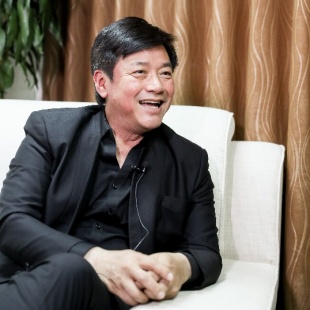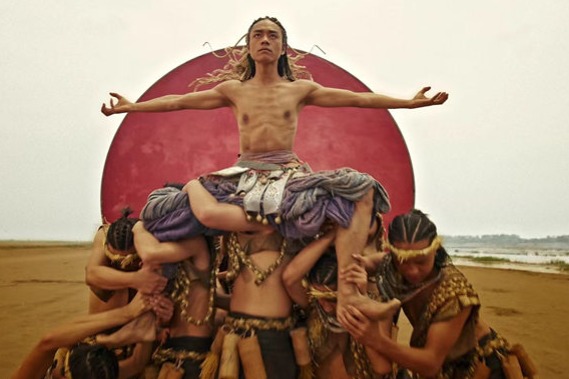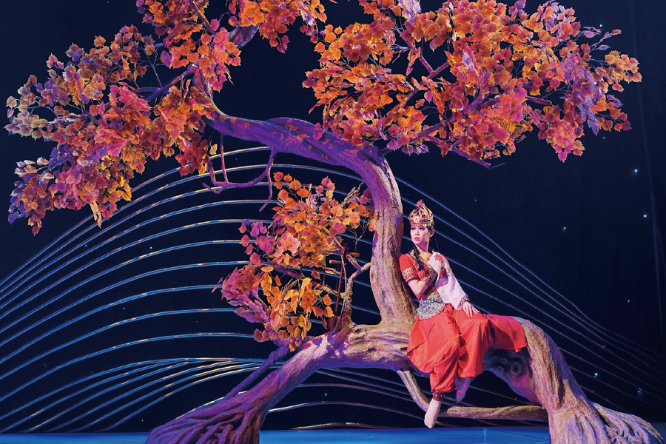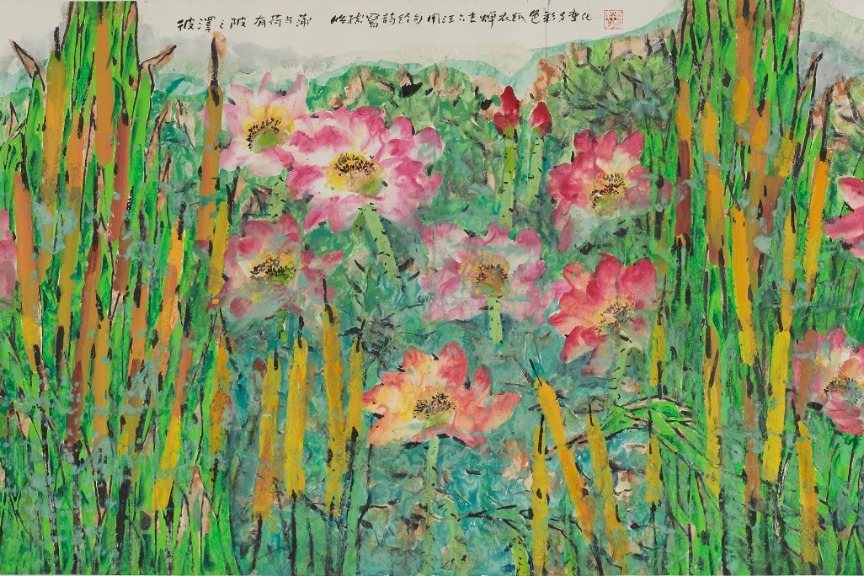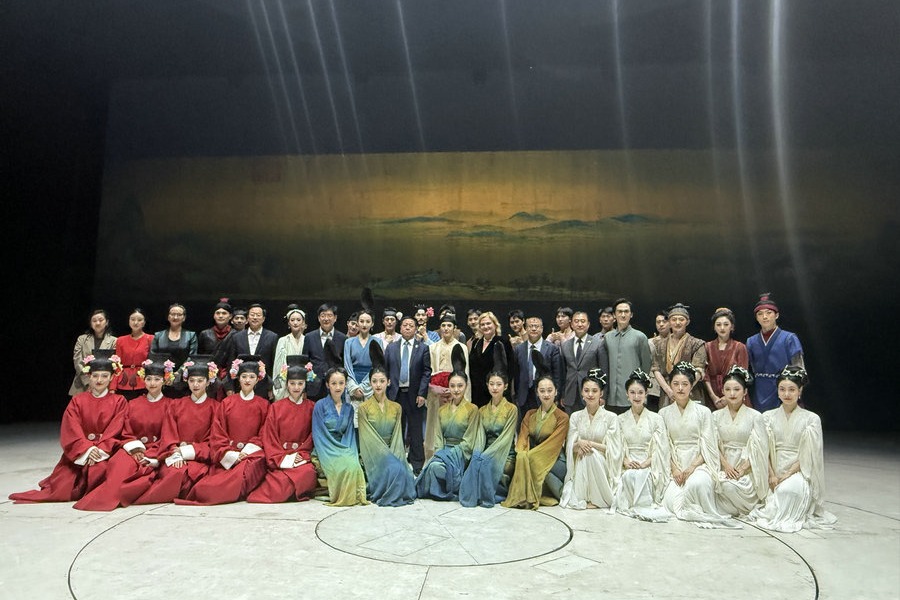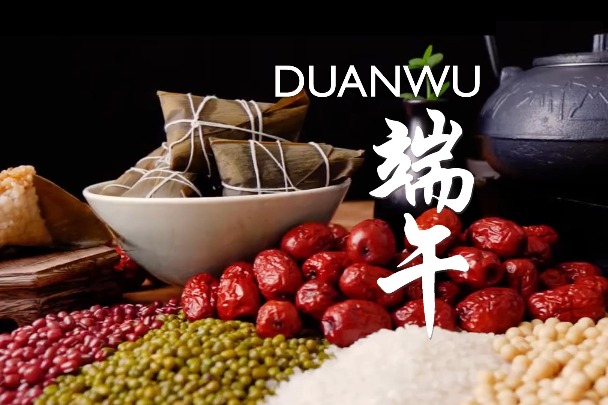Plotting for success

Director pulls no punches as action speaks louder than words, Xu Fan reports.
From the 1990s hit Rumble in the Bronx to the recent China-India blockbuster Kung Fu Yoga, director Stanley Tong is one of a select few to come up with a formula of international success for Chinese films.
Also serving as the standing director of the Taihu World Cultural Forum, the globally recognized filmmaker shared his insight during a visit to China Daily's Beijing headquarters on Sunday.
"In terms of market response and box office takings, the most successful Chinese films in the global market are still action titles," says Tong.
Over the past half century, martial arts films, led by giants from Bruce Lee to Jackie Chan and Jet Li, have earned Chinese films widespread recognition in North America, historically a difficult market for foreign imports to tap into.
As one of the leading figures in Hong Kong cinema's golden age, Tong still clearly remembers the US debut of his directorial feature Rumble in the Bronx in 1996.
When the film unfolded to a scene featuring a policeman, played by Chan, making a death-defying jump from a rooftop parking lot onto the balcony of a building across the street, "the audience clapped", he recalls.
The sequence highlights that Chan's character would rather risk his life than be humiliated by a gangster, exemplifying typical Chinese values, he says.
"Chan's character is gentle and nice to everyone in daily life, but when he is bullied and offended, he won't be a coward and will fight back," says Tong.
As Chan's first real splash in the United States, the film opened on more than 1,700 screens across North America in 1996, topping the US box office charts in its opening weekend.
Despite the fact that Chan's previous three efforts targeting North America failed to scoop the anticipated plaudits, the film was a major success in changing Western perceptions of Chinese heroes on the silver screen, and expanded Chan's popularity as a kung fu icon outside Asia.
Tong believes market research was significant for the success.
"The North American distributors gave us two suggestions. One was to showcase Chan's stunts and the other was to set the story in the US," he says.
Ang Lee's Oscar-winning Crouching Tiger, Hidden Dragon and Zhang Yimou's Hero again proved that martial arts is the best genre for Chinese films to leverage in order to win a slice of the US market.
Crouching Tiger and Hero, respectively, raked in $128 million in 2000 and $53.7 million in 2004, to become the two highest-grossing Chinese films in North America.
Hollywood's most lucrative franchises are also action blockbusters, such as the Marvel superhero movies, the Fast and Furious series, and James Bond films. But Chinese action films have unique characteristics.
"Chinese martial arts heroes feature a chivalrous spirit, uniquely rooted in Chinese literature and culture. That makes movies the best medium to export excellent Chinese legacies," says Tong.
However, language remains one of the biggest hurdles for Chinese films trying to reach overseas screens.
"English is somewhat an international language. It makes it easier for Hollywood to win over the rest of the world," says Tong.
"The mainstream audiences in the US are reluctant to watch foreign films with subtitles. Most of these could just be released in arthouse cinemas or theaters in Chinatowns, which only have dozens of screens, but mainstream distribution can reach 2,000 screens."
However, with the rise of China and the uptake in learning Mandarin, Tong believes Chinese films will get a bigger market.


